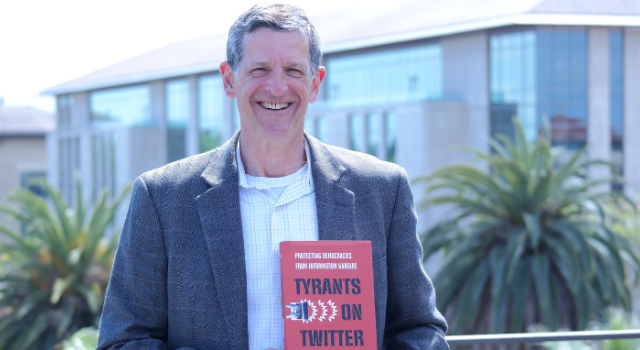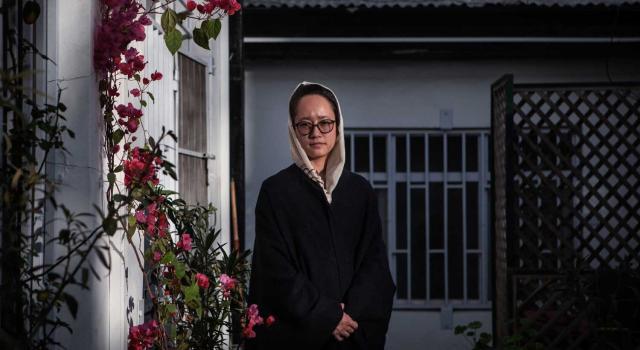Politics
Politics can serve as the driving force behind a concentration, but may also supplement a larger project. From natural science students who will likely encounter issues such as environmental justice and socioeconomic determinants of public health at some point in their concentration to students of literature who analyze the political implications of a literary movement, politics seep into many Hampshire concentrations.
Political debate is also quite lively outside of the classroom as political activism thrives on campus.
Student Project Titles
- The American Citizen
- Corruption and the Composition of Government Expenditure: Addressing Causality and Substantive Significance
- Encountering Devi: An Investigation of the Hindu Goddess Through Mythological and Political Contexts
- Exceptional Subjects: Sovereignty, Liberalism, and the Politics of Race
- The Impacts of Proportional Representation on Minority Party Politics in Germany
- "Justice to Children, Loyalty to Women": The Rhetoric of Maternalism in Women's Progressive Era Reforms
- Monsters, Melodrama, and 9/11
Sample First-Year Course
Politics of Health Insurance
The U.S. is alone among the wealthy capitalist nations in not providing health insurance to all its citizens. In this course we will examine the reasons for this dubious distinction, focusing on Americans' historic distrust of government, the power of important stakeholders in medicine and insurance, the dominance of individualism in American political life and thought, and the bias toward incremental change that is built into our political institutions. We will examine the history of major heath insurance programs like Medicaid, Medicare, and Veterans Affairs, the increasing problems with employment-based insurance, and the conservative push for programs based on personal responsibility. We will pay special attention to the politics and implementation of the 2010 Patient Protection and Affordable Care Act (aka Obamacare) and will examine possible alternatives—everything from individual vouchers to a single payer system.
Sample Courses at Hampshire
- Civil Society and the State
- Conflict Resolution and Historical Analysis
- Draft Resisters and Warriors: The Social Construction of Military Service
- Environmental Policy in a Time of Globalization
- Identity and Politics
- On Derrida's Politics
- Political Islam in Comparative and Theoretical Perspective
- Political Justice
- Political Research and Writing
- Politics of Health Insurance
- Public Diplomacy
- Topics in Contemporary Political Philosophy
- Youth, Sexuality, and Education
Through the Consortium
- American Foreign Policy (UMass)
- American Politics (MHC)
- Art of Ruling (AC)
- Civil Liberties (UMass)
- Comparative Politics (MHC)
- Intro to Political Thinking (SC)
- Political Identities (AC)
- Politics of Public Policy (SC)
- World Politics (AC)
Facilities and Resources
Collective Power for Reproductive Justice
Hampshire is home to Collective Power for Reproductive Justice (formerly the Civil Liberties and Public Policy Program), a national program that acts as a resource for the academic community. CLPP promotes the leadership and agenda of young women, presents a broad vision of reproductive freedom, and develops national strategies to be implemented at the grassroots level. These goals are executed through a reproductive rights conference that CLPP hosts on campus every spring. The program also organizes the National Young Women's Day of Action and offers grants for summer internships through their Reproductive Rights Activist Service Corps. Its companion program, Population and Development, was created in 1986 to respond to the increasing globalization of women's issues.
Annual Eqbal Ahmad Lecture
The annual Eqbal Ahmad Lecture series honors the teaching, scholarship, and activism of the late Eqbal Ahmad, a long-time professor of world politics at Hampshire College. The event has attracted many notable speakers such as former U.N. Secretary-General Kofi Annan; renowned professor and author of Orientalism, Edward Said; Palestinian doctor and recent candidate for the presidency of the Palestinian National Authority, Mustafa Barghouthi; as well as New Yorker journalist Seymour Hersh who broke the Abu Ghraib prison scandal.



